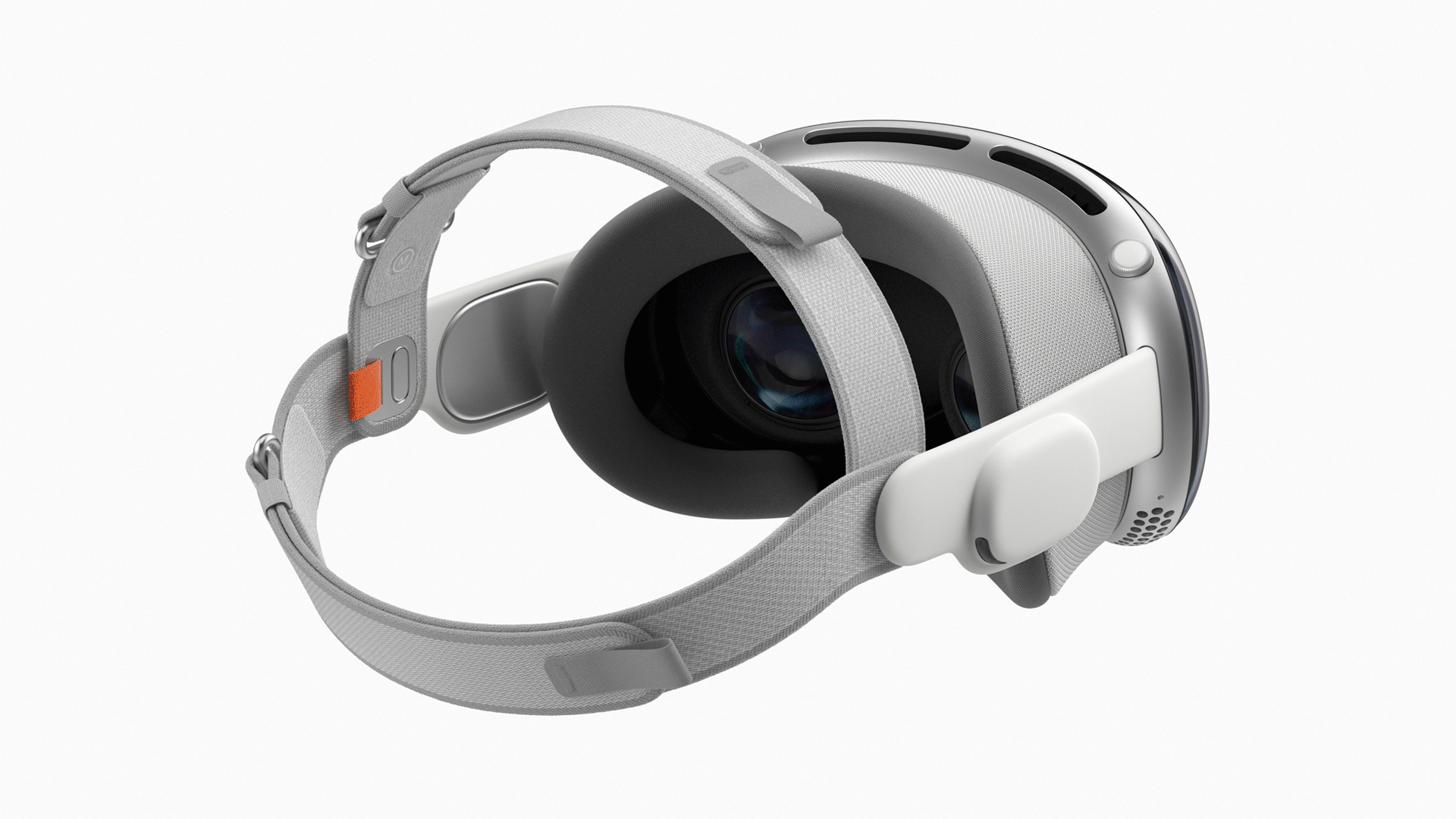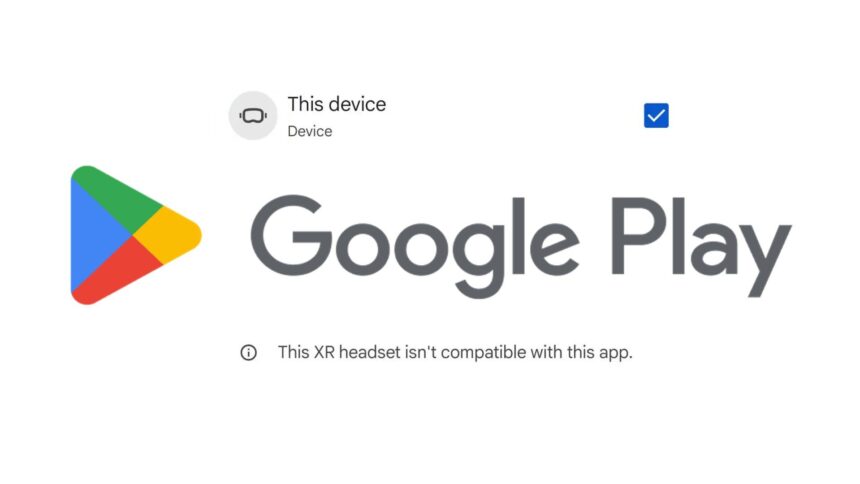The discovery of code within Google Play’s current repository suggests that the company may soon deploy support for XR headsets on its Android app store, potentially signaling a significant pivot in the competitive landscape.
According to reports, version 43.3.32-31 of the Google Play app incorporates a feature highlighting “XR headset” compatibility, accompanied by a new headset icon indicating whether an app is optimized for the supported system.
Google has been hosting XR video games on Play within the Cardboard format since 2014, leveraging Android smartphones as makeshift VR displays. This innovation played a significant role in piquing consumer interest during the early days of consumer-facing VR, although its impact has waned with the rise of standalone headsets like Meta Quest 3 and Apple Vision Pro.
While the integration of a dedicated section within the Play Store and official ecosystem suggests something more substantial than Cardboard, it also echoes Google’s abandoned Google Daydream platform, discontinued in 2019.
What’s driving this resurgence of interest in extended reality (XR)? The Google, Samsung, and Qualcomm headset collaboration, unveiled in early 2023, is likely to be one of the most significant developments in this space. Samsung is building the hardware, Qualcomm developing the chipset, and Google crafting the Android-based extended reality operating system.
Although businesses have officially confirmed that the headset will debut before year-end, a significant knowledge gap remains regarding the XR collaboration. Rumors suggest that Samsung initially delayed its mixed reality headset to better compete with high-end offerings like the Pimax 8K.

According to reports, Google and Samsung are allegedly planning to collaborate on a competitor to Ray-Ban’s Meta Smart Glasses, which could potentially be more straightforward to manufacture than a full-fledged virtual reality (XR) headset due to their focus on artificial intelligence (AI) and lack of displays?
While such a tool may not require an extensive integration with the broader Android ecosystem, it’s hard to envision a scenario where this device wouldn’t want to leverage Google Play’s vast library of XR games and 2D applications, unlike any potential competitors that might rely on their own means to run these apps.
Despite earlier reports suggesting Meta and Google discussed integrating Android XR with Oculus Quest, negotiations reportedly faltered due to Google’s stringent terms that failed to meet Meta’s requirements. Meanwhile, Meta is extending an olive branch to Android developers, inviting them to bring their apps onto Quest and thereby further solidify its footing as a mainstream computing platform.










